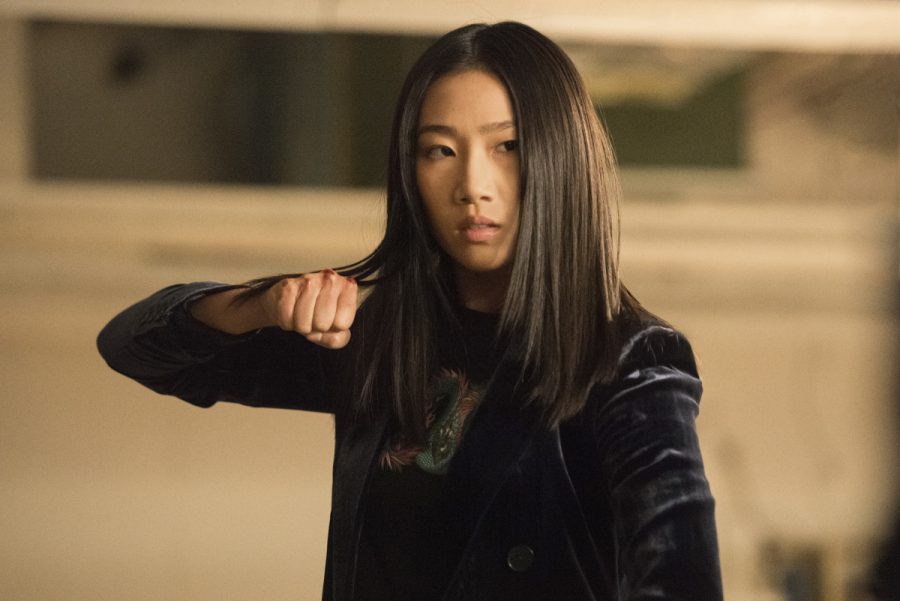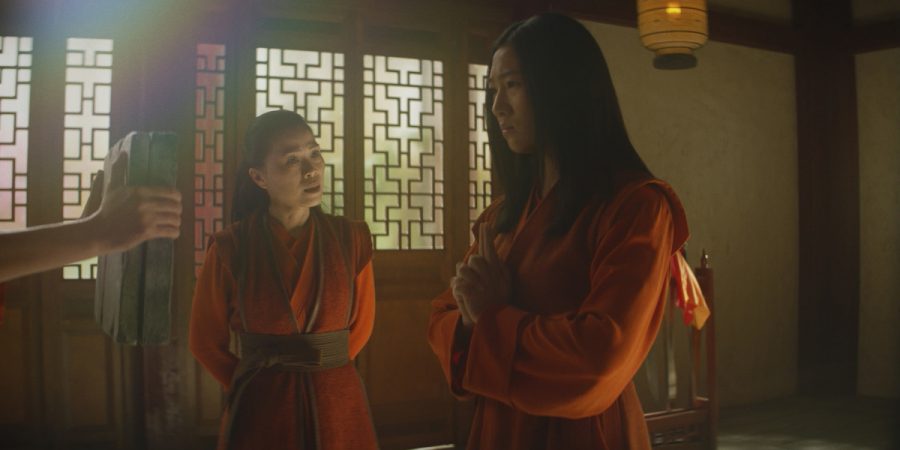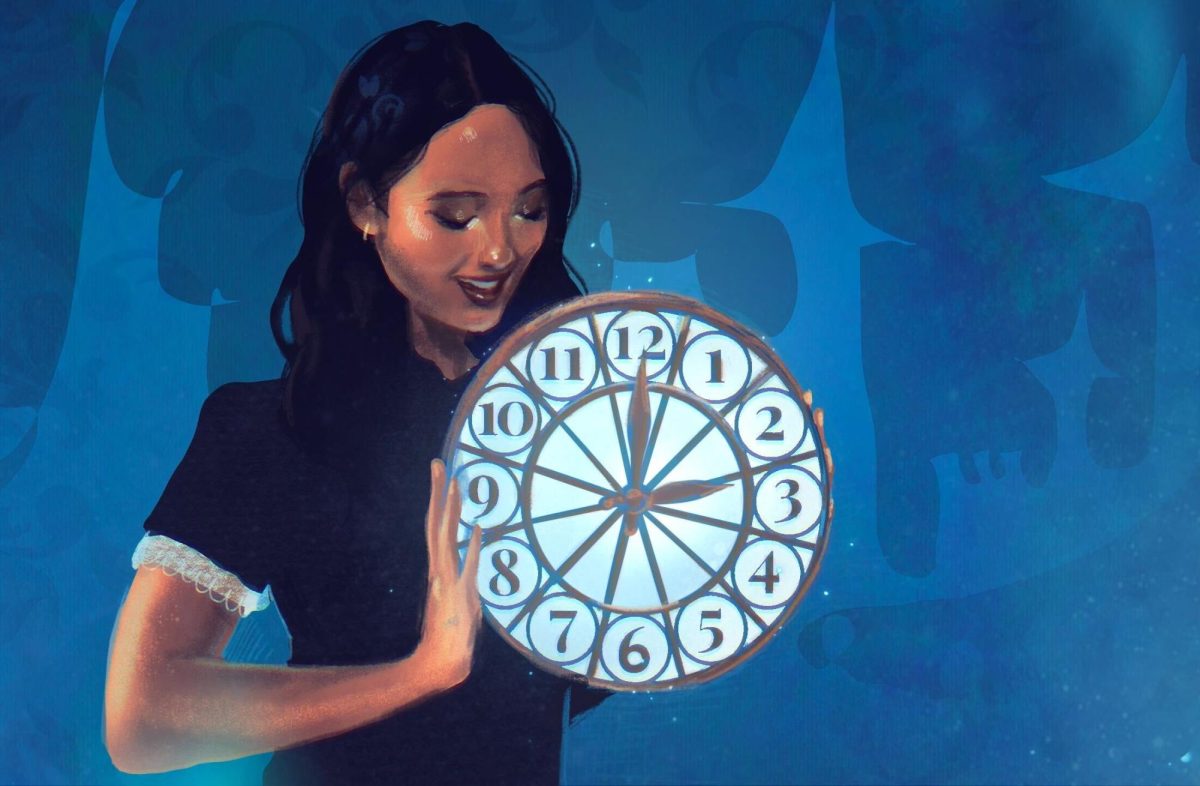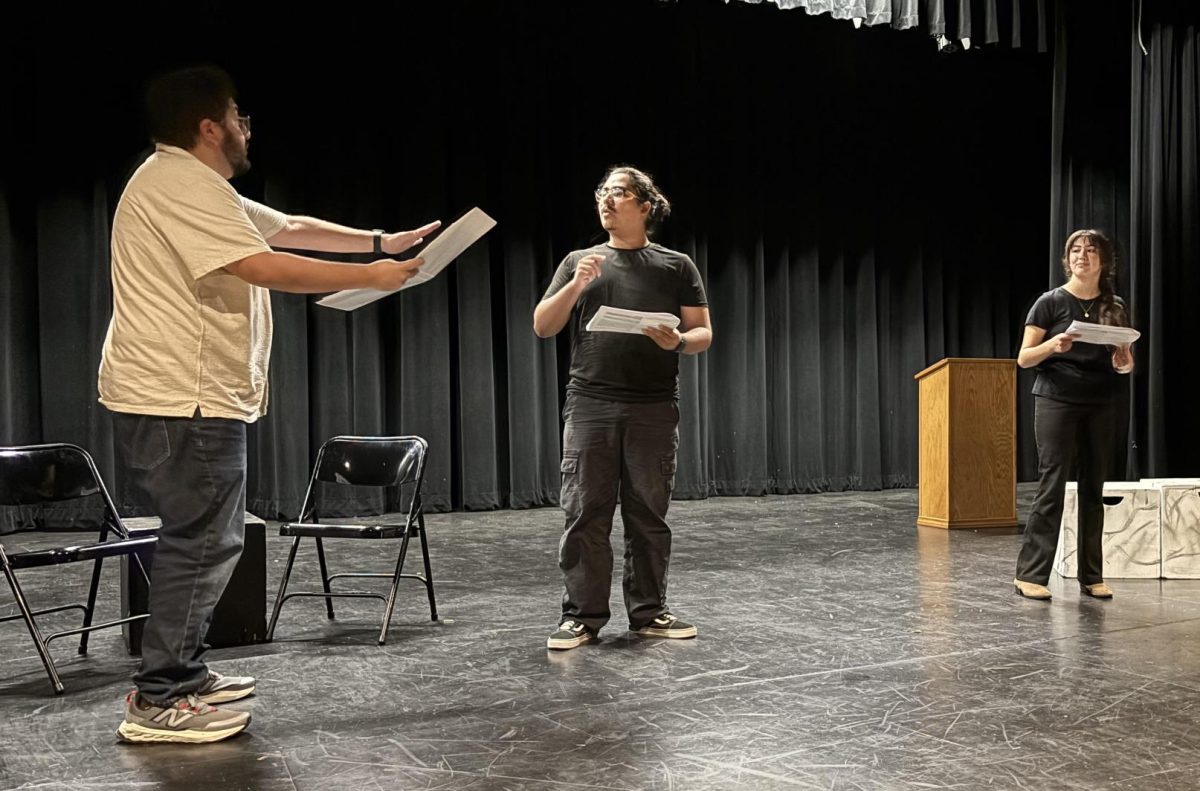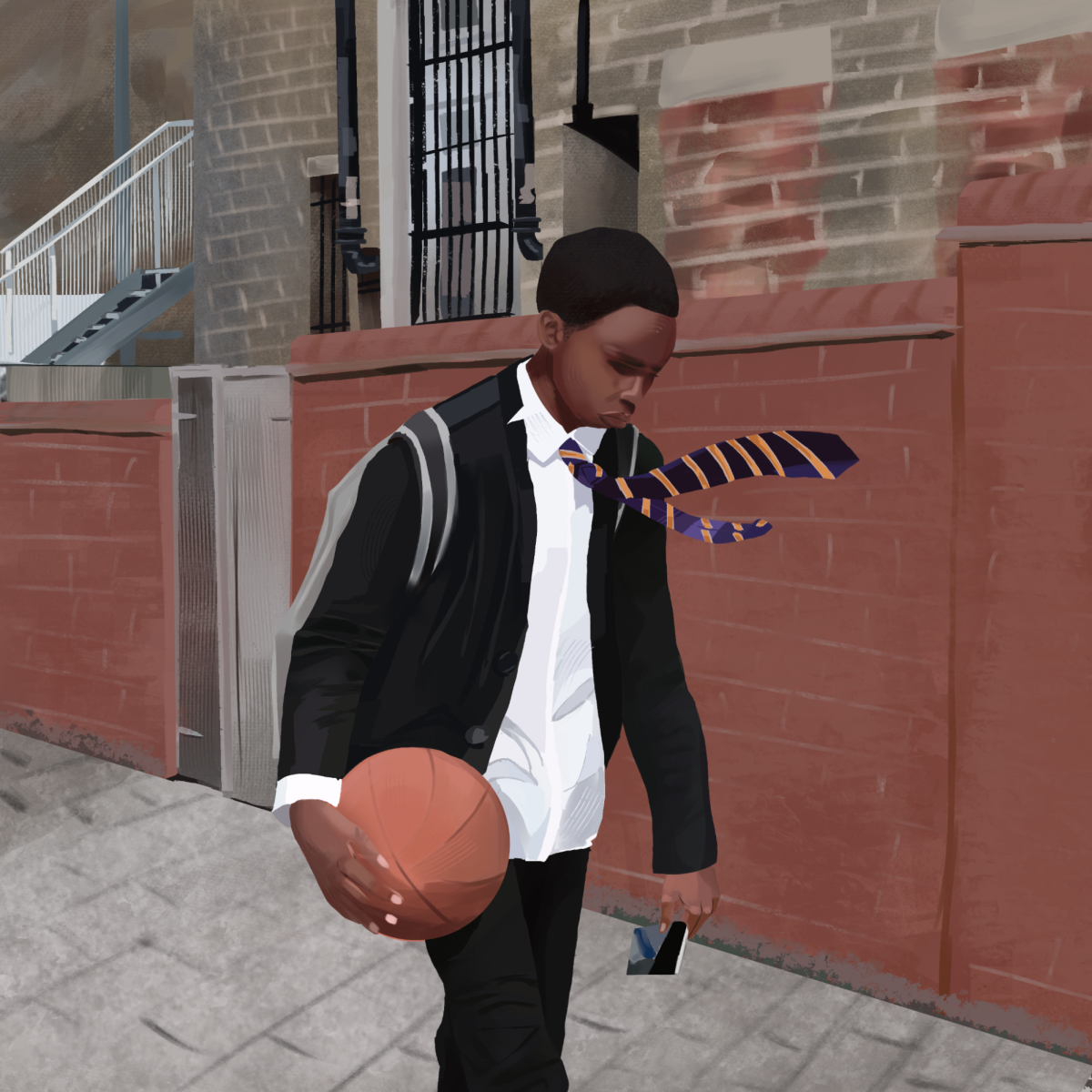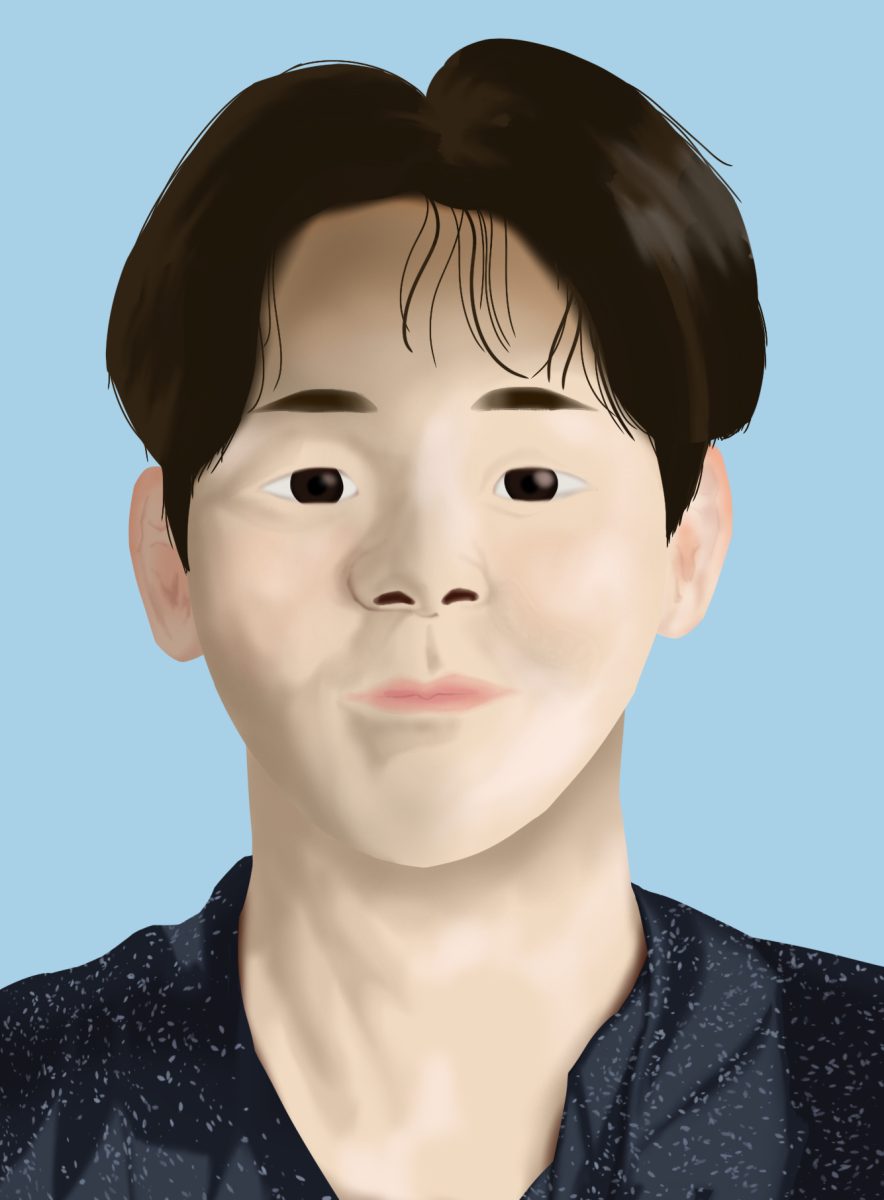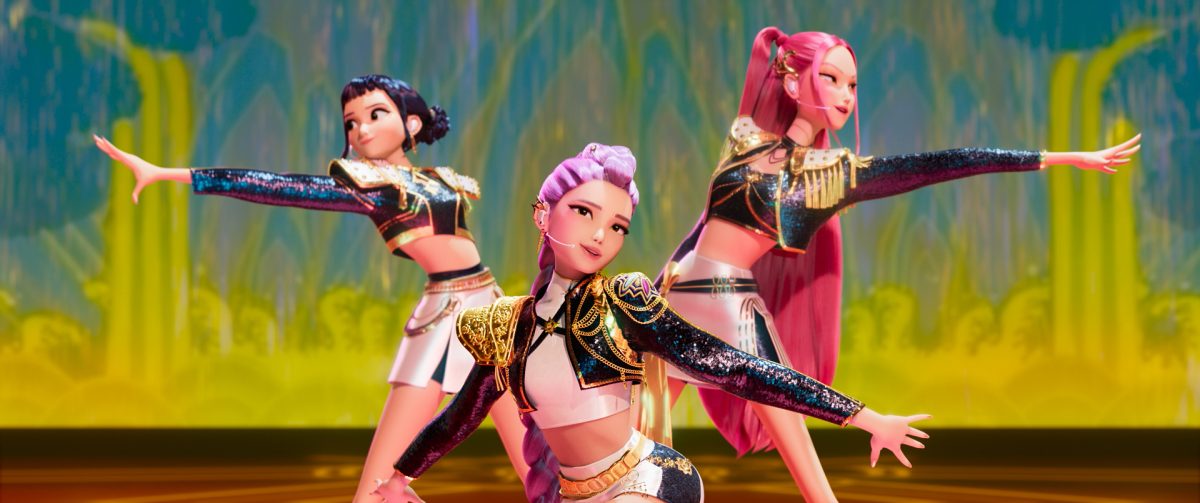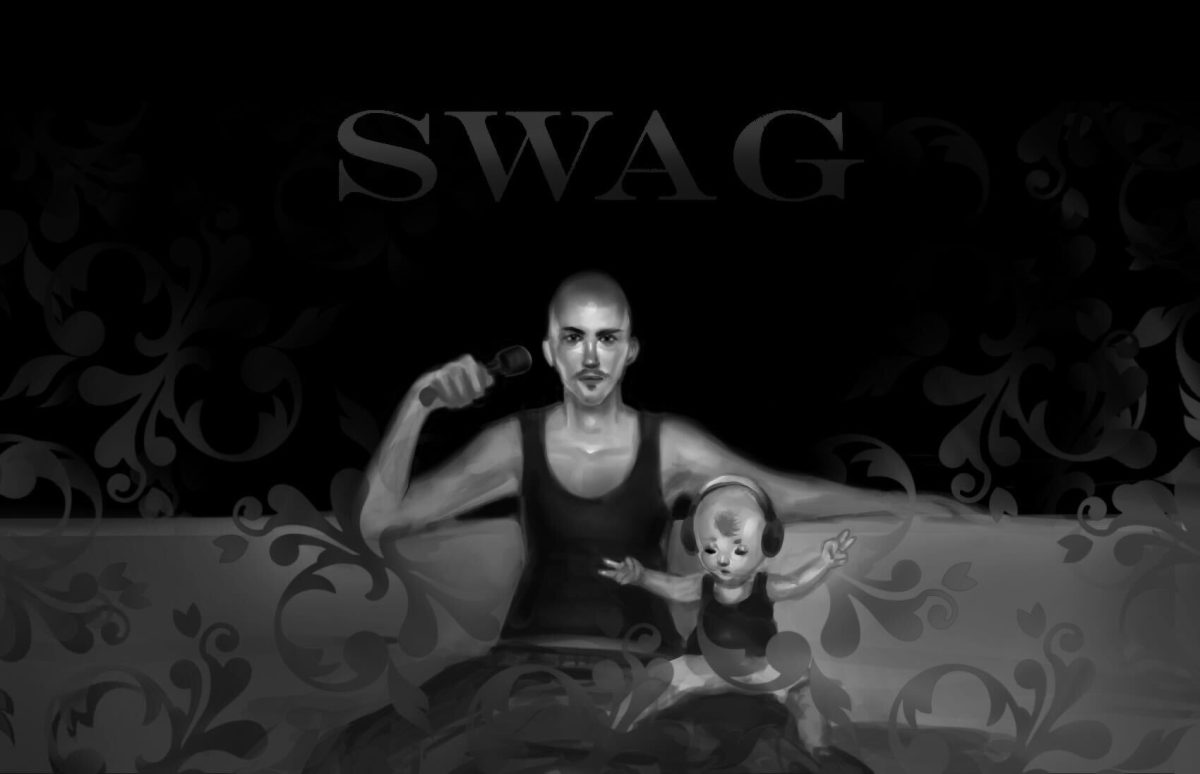The CW (Channel 5 or KTLA for those who don’t watch TV in Southern California) has taken up some recent reboots of TV series from the past.
“Dynasty,” which was released in 2017 and returns for its fourth season next month, was a show from 1981-1989 about wealthy, feuding families.
“Charmed,” which premiered in 2018 and airs at 9 p.m. on Sundays, was a show from 1998-2006 about three young witches.
“Nancy Drew, ” which debuted a year later and now appears at 9 p.m. on Wednesdays, was a show from 1977-1979 about a teenage female detective.
And now, the CW has successfully dug into the early 1970s to bring back the concept of “Kung Fu.”
The original, produced in 1972 and ran for three seasons, featured a male protagonist (actor David Carradine playing a half-Asian, half-white man) who grows up in China’s Shaolin temple and leaves for California in search of his half-brother. Throughout the series, he flashes back to the lessons he learns from his masters who call him “Grasshopper” while he faces various conflicts dealing with race, justice and gender equity – issues we ironically still deal with today.
In the 42-minute pilot episode of this modernized version, which first aired April 7 at 8 a.m., we meet a plethora of female characters instead, not to mention a male gay character who reveals the struggles of coming out to his traditional Chinese parents.
We also get a quick glimpse of a real grasshopper (perhaps director Hanelle Culpepper’s nod to the original series?) after we meet Nicky Shen (Olivia Liang, “Legacies”), a Harvard student on vacation in China who suddenly runs away to train in a Shaolin temple just for women instead of having to get set up with a young man from her parents’ mother country – at least that’s what she concludes.
Upon first meeting Pei-Ling (Vanessa Kai, “Gabriel’s Inferno: Part One”), our female lead and replacement for the 1970s Carradine character gets some unsolicited advice from the woman who would become her she-fu (Mandarin for “master”): “You make the path that you live.”
That becomes the first of many scenes in which viewers will hear Chinese-like proverbs from the master. Yes, the advice sounds cheesy, even worse than the “Use the Force, Luke” mantra of Obi Wan Kenobi or “Do or do not; there’s no try” words of Yoda.
Viewers also can’t help but figure that those words from Pei-Ling will become Nicky’s battlecry as the series progresses.
Three years later, the temple is attacked by an unknown band of raiders, and a female assassin (Yvonne Chapman, “Heretic”) steals the master’s magical sword and murders Pei-Ling, whose dying request is for Nicky to “get it [the sword] back” and stop the assassin.
Here, viewers are treated to lots of exciting martial arts fighting action, and we see more of Nicky’s kung fu moves at later moments of the episode. Culpepper (“Big Sky”) does a good job balancing these fight scenes and the dramatic storyline.
With nothing left of the temple and a new mission for Nicky, she decides to return to her home in San Francisco, where she reunites with pretty much the rest of the show’s Asian cast: Nicky’s sister Althea (Shannon Dang, “Film Fest”), brother Ryan (Jon Prasida, “Reckoning”), father Jin (Tzi Ma, “A Shot Through the Wall”) and her mother Mei-Li (Kheng Hua Tan, “The Garden of the Evening Mist”).
While trying to retrieve that magical sword, Nicky has to restore the broken ties she’s had with her siblings and parents from being away from them these past three years while using her martial arts prowess to fend off the bad guys who appear midway through this episode.
Though the CW catalogue of series is rife with female leads (think the two reboot series mentioned earlier and other staples like “Supergirl” and “Batwoman”), this is the network’s first attempt at producing a show with a predominantly Asian cast. And on top of that, it boldly offers valuable characters in the heroine and her sister-expert hacker and their gay, younger medical intern brother – all challenging the traditional Chinese emphasis on the heterosexual man as the stronger and more responsible character.
This rebooted “Kung Fu” also follows such Asian-themed hits as “Crazy Rich Asians,” “To All the Boys …,” “Mulan” and “Fresh off the Boat.” So is the CW coming too late to an already crowded field of Asian representation in the media? Definitely not. This series shows how the Hollywood industry has changed, embracing more diversity in network TV programming and trying to make inroads into the entertainment habits of Gen Z teens.
“Kung Fu” has a chance to get Gen Z’s attention, especially in its use of the first episode’s soundtrack. The opening scene successfully kicks off the action with an alternative pop song, “Warrior (Stand Up)” by Hidden Citizens and Rayelle, blasting in the background while Nicky’s working out in her Shaolin temple outfit.
Though the Chinese culture is portrayed with an acceptable level of accuracy – traditional Chinese parents do consult fortune tellers to determine the luckiest date for the engaged bride and groom to wed – it should not limit viewers to only those of Chinese or Asian descent. And while Sunny Hills has a 30% population of Asian students, many on campus will relate to Nicky’s complaint that her mom made her memorize the Harvard school song when she was just a toddler.
All in all, the series pulls the right punches and deserves a fighting chance.
(“Kung Fu” airs on Wednesdays at 8 p.m. on the CW channel; past episodes can also be streamed on the CW app though with commercial interruuption.)


